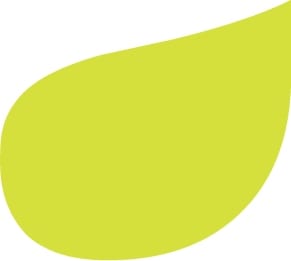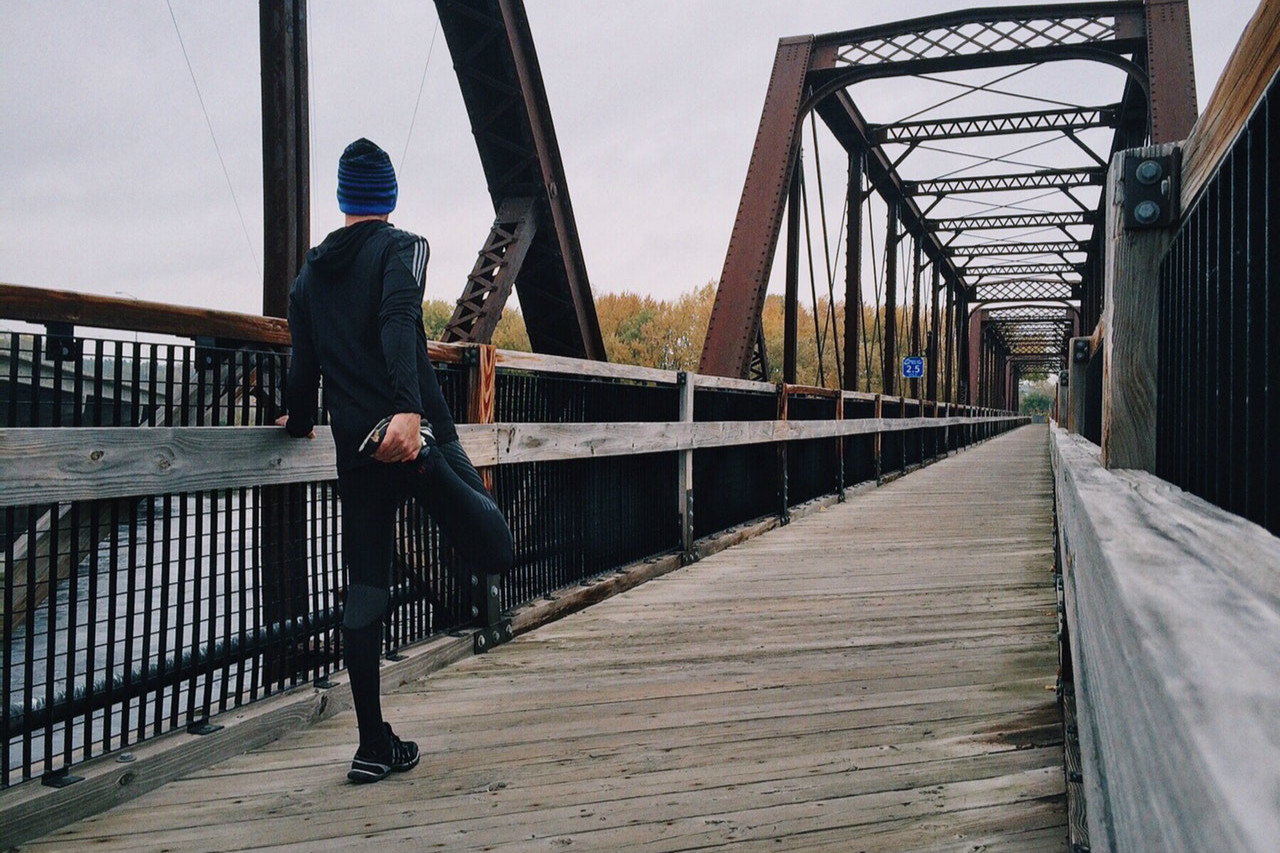A case of jock itch can be a real pain for athletes, but these tips should help you stay itch-free.
Athletes are prone to plenty of injuries on the field, but one of the most irritating conditions they can develop is lurking just below the surface — jock itch. The condition refers to a fungal infection of the outer layers of skin. Since fungi grow best in moist and humid areas, fungal infections commonly sprout up on the buttocks, inner thighs, and groin. Common symptoms of jock itch include itchy (surprise!) discomfort and a rash in or near the groin with distinct outer edge markings.
Jock itch is rarely serious, but it can be a nuisance. To help you prevent and treat this fungal infection, here’s our guide to keeping jock itch at bay.
1. Awareness
An easy way to prevent jock itch is simply to know how and why it develops — by reading this, you’ve already won half the battle! For starters, jock itch can be caused by tight-fitting clothing that traps moisture, so be aware that certain clothing (in combination with sweat-inducing activities) can make you especially prone to developing jock itch. It can also be helpful just to make an effort to cool off when you’re feeling hot and sweaty.
Also, be aware that athlete’s foot (another fungal infection) can sprout up in tandem with jock itch. For that reason, you should wear shower shoes when you use public restrooms or locker rooms, as athlete’s foot could later spread to your groin in the form of jock itch.
2. Proper Hygiene
An ounce of prevention is worth a pound of cure, and so the easiest way to stop jock itch is to keep the potentially affected areas clean and dry. Be sure to wash your workout clothes after each use, and dry off thoroughly after you shower. You may even want to use a hair dryer on a cool setting to ensure that your skin is completely dry.
3. Antifungal & Anti-Inflammatory Medication
When you have an active case of jock itch, a combination of antifungal powder and an anti-inflammatory cream will help treat the symptoms. Antifungal medication like Zeasorb, a powder that contains miconazole, will help keep you dry and fungus-free. You can get this powder (or antifungal creams) without a prescription at most pharmacies. Anti-inflammatory creams, like hydrocortisone, will help reduce the irritating symptoms that come with jock itch.
You may stop experiencing symptoms relatively quickly — but you should continue to apply the medications even after physical symptoms have subsided. The infection should completely subside within a week or two.
If jock itch continues to be a problem after you’ve taken these steps, contact a dermatologist.

